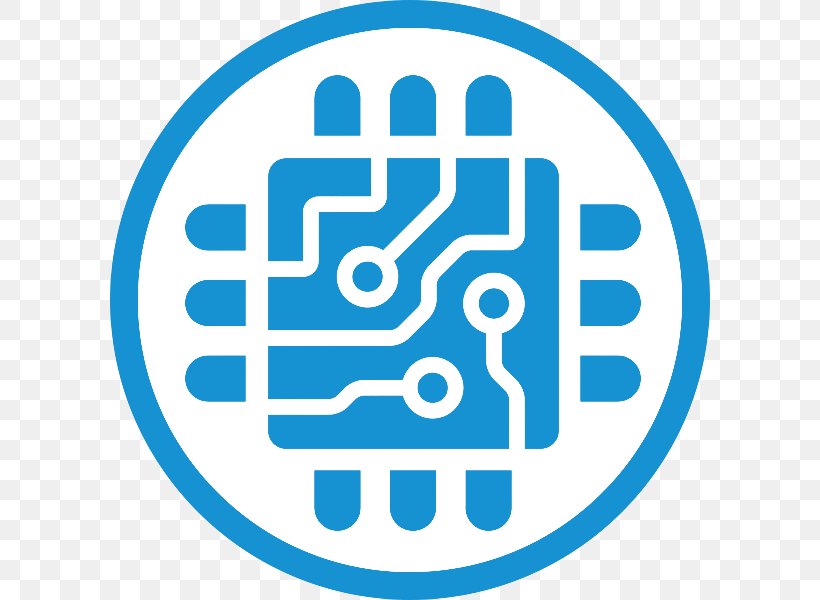[Meta] Meta in Myanmar, Part Il (an investigation into the role Facebook/Meta played in the genocide of the Rohingya people in Myanmar)
Part l : https://erinkissane.com/meta-in-myanmar-part-i-the-setup
Part lll : https://erinkissane.com/meta-in-myanmar-part-iii-the-inside-view
Part IV : À venir
Extrait
This is the second post in a series on what Meta did in Myanmar and what the broader technology community can learn from it. It will make a lot more sense if you read the first post—these first two are especially tightly linked and best understood as a single story. There’s also a meta-post with things like terminology notes, sourcing information, and a corrections changelog.
But in case you haven’t read Part I, or in case you don’t remember all billion words of it…
Let’s recap
In the years leading up to the worst violence against the Rohingya people, a surge of explicit calls for the violent annihilation of the Rohingya ethnic minority flare up across Myanmar—in speeches by military officers and political party members, in Buddhist temples, in YouTube videos, through anonymous Bluetooth-transmitted messages in cafes, and, of course, on Facebook.
What makes Facebook special, though, is that it’s everywhere. It’s on every phone, which is in just about every home. Under ultra-rigid military control, the Burmese have long relied on unofficial information—rumors—to get by. And now the country’s come online extremely quickly, even in farming villages that aren’t yet wired for electricity.
For context, Meta’s 2015 global profits hit $3.7 billion and the company jumps 200 places in the Forbes 500 ranking. “2015 was a great year for Facebook,” Mark Zuckerberg announces. “We continue to invest in better serving our community, building our business, and connecting the world.”
And into all the phones held in all the hands of all these people who are absolutely delighted to connect and learn and better understand the world around them, Facebook is distributing and accelerating professional-grade hatred and disinformation whipped up in part by the extremist wing of Myanmar’s widely beloved Buddhist religious establishment.
It’s a very bad setup.
The dangers rising in Myanmar in the mid-2010s aren’t only clear in hindsight: For years, Burmese and western civil society experts, digital rights advocates, tech folks—even Myanmar’s own government—have been warning Meta that Facebook is fueling a slide toward genocide. In 2012 and 2014, waves of—sometimes state-supported—communal violence occur; the Burmese government even directly connects unchecked incitement on Facebook to one of the riots and blocks the site to stop the violence.
[…]
La suite :
https://erinkissane.com/meta-in-myanmar-part-ii-the-crisis

